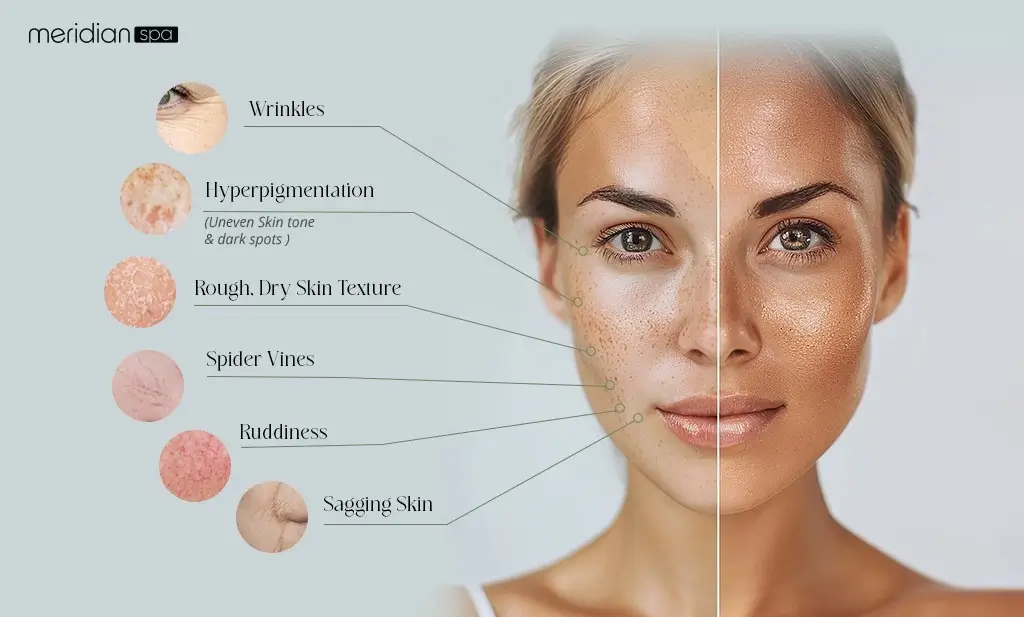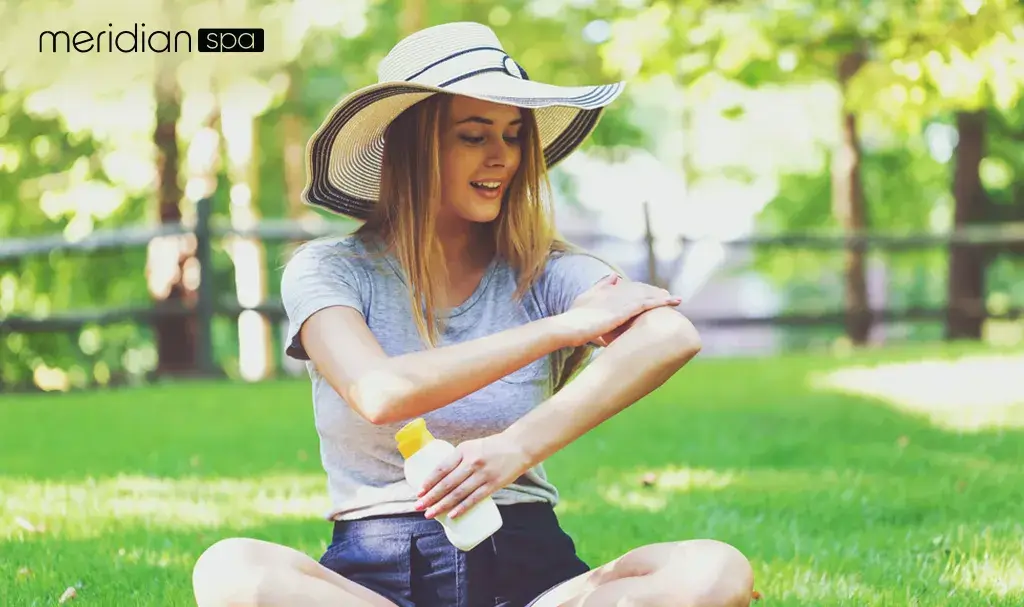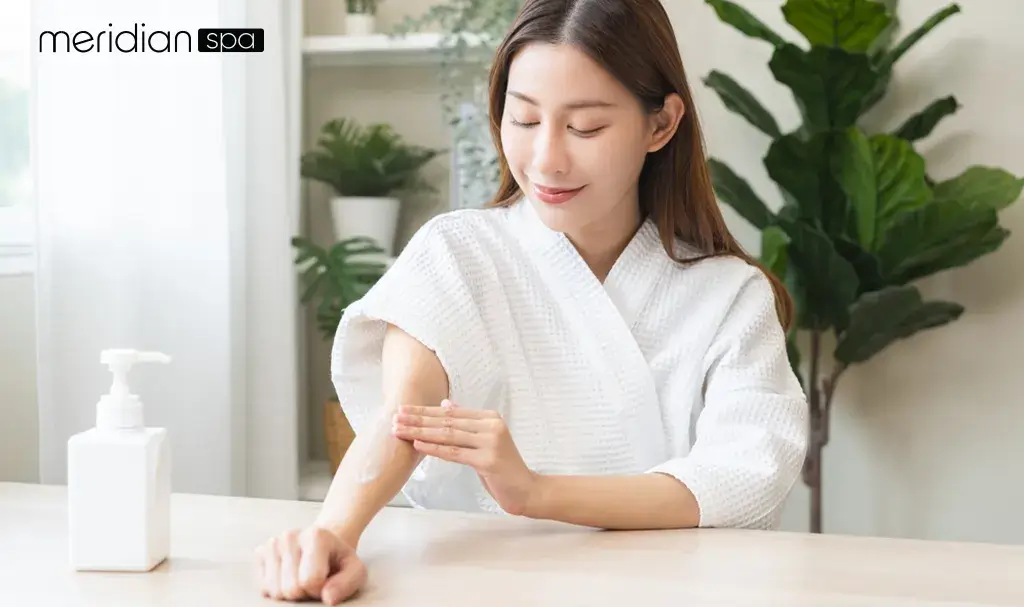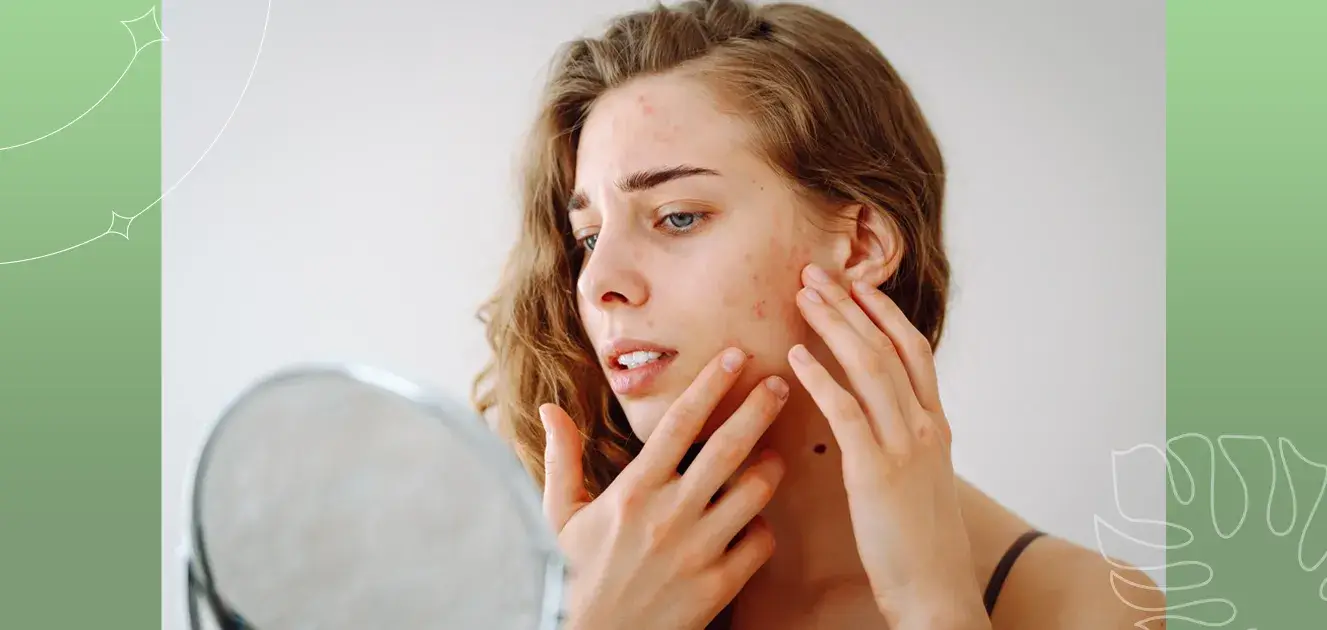With the daily news of heat wave warnings, if you are concerned about photoaging and getting sunburned, you are right because it is not just a cliche. Due to drastic climate change, the global warming effect impacts our skin tolerance level and capacity to maintain homeostasis, leading to very dangerous skin diseases.
It is high time to be aware of the effects of sun exposure on the skin so that we can protect ourselves accordingly. So, let’s discuss how prolonged sun tanning and sunburns can cause our skin to age quickly, affect the skin barrier, and cause other skin concerns. Plus, we will share dermatologically proven ways to protect your skin and enjoy the sunkissed glow at the same time.
The Duality of Sun Exposure
We do not deny the benefits of sunbathing, but we cannot neglect the fact that global warming is affecting our tolerance for it. There are plenty of ways to get your daily dose of sunlight and enjoy the production of Vitamin D. Additionally, it can help treat certain skin conditions and also provide a natural, healthy glow to the skin.
However, it is important to be aware of how much sun exposure you are getting and to take preventive measures to protect your skin and reduce the risk of skin cancer. Too much sun exposure can lead to premature ageing, wrinkles, dryness, skin cancer, and many other skin problems.
How the Sun Impacts Our Skin Health
When sunlight’s ultraviolet (UV) radiation reaches our skin, it triggers a series of reactions in our body. To understand them, first, we must understand the sun and its different forms of variation. There are three types of UV radiation which are:
UVA: They are the longer wavelength and are mostly absorbed by our skin. Additionally, they are less powerful and harmless than UVB rays. They penetrate deep into the skin and are the reason behind the skin’s premature ageing.
UVB: These are short wavelengths that mostly reach the outer skin layer (epidermis). They induce the production of melanin, which gives us the radiant glow we all crave! However, they are also the cause of skin burns and, worse, skin cancer.
UVC: The most harmful ones and are completely blocked by the environment and ozone layer.

How Our Skin Reacts To The Sunlight Exposure
The moment sunlight rays hit our skin, they alert the defence mechanism and produce melanin (the pigment responsible for our skin colour). Our body produces melanin in greater amounts to protect the skin from further damage, which is what causes tanning. In addition, it is the right signal to apply sun protection and protect your skin from further sunburn. Excessive exposure can overwhelm the skin’s defences, leading to sunburn, which is a sign of skin damage.
Note: Melanin can only protect your skin from sun rays if it falls under a 3-5 UV index!Wr
Accelerates Skin Aging (Wrinkles, Sagging, Age Spots)
The longer we expose ourselves to sunlight, the faster our extrinsic skin ages (skin ageing due to external and variable environmental factors). Additionally, UV radiation from the sun creates unstable molecules called free radicals in our skin. This damage leads to wrinkles and fine lines over time. Moreover, it causes skin spots like flickers.
Suppresses Immune Function, Increasing Skin Cancer Risk
UV radiation damages the DNA in skin cells, leading to different types of skin mutations that further lead to skin cancer. Another factor contributing to this cancerous growth is the significant decline in the immune system. Excessive exposure to sunlight also suppresses immune function, making the skin more susceptible to skin cancer.
It Damages The Skin’s Elastin Fibres
The most ignored effect of UV radiation is that it damages the skin’s elastin fibres, leading to a loss of elasticity and the formation of wrinkles. When UV light penetrates into the skin, it breaks our collagen, which is the protein block that keeps our skin youthful. If sun exposure exceeds, it results in premature ageing, and wrinkles, fine lines, and saggy skin start getting visible.
Skin Damaged By Sun: Photoaging Signs
Do you wonder how all this happens? Below are a few signs of photoaging that will clearly hint you about your skin’s underlying health.
Sunburn
Our body reacts to high UV radiation and responds in an inflammation form that appears like red spots on the skin. Sometimes, these spots are painful, but most cause itchiness and turn into blisters. Sunburns range from mild to severe painful skin conditions that may lead to swelling and if they get worse, lead to fever and nausea. Lastly, sunburns can also cause peeling of the skin and wrinkles. It can also cause skin cancer if left untreated.
Uneven Skin Tone
Sometimes, sun rays damage skin and lead to spots, discoloration, flickers, and hyperpigmentation. It is one of the most common skin conditions prevailing among the masses because of not applying any sun protection.
Wrinkles
According to dermatologists, 90% of wrinkles are caused by photoaging and excessive sun exposure. If you notice many recent wrinkles after sunny days, they are a sign that your skin is photoaging. Another way to prove this is that skin on other body parts doesn’t get wrinkles as soon as our face does because it does not face the sun as much.
Melasma
Some people get tan-brown to grey colour spots on the skin, and these patches usually form on the face, forehead, neck, and forearms. The fluctuations in oestrogen levels and the pools of melanin formation are the causes of melasma.
Age Spots
Age spots look like cancerous spots, but in reality, they are harmless and do not require any treatment. However, they are a sign that our skin has absorbed more sunlight than our Sun capital. So we should protect our skin from now on!
How Dermatologists Recommend To Treat Sun-Damaged Skin
Summer is here, and so is the chance to get your favourite natural radiant glow by the beach side! But don’t forget to be aware of the amount of exposure your skin can take and to use sunscreen and protective clothing to protect yourself from the sun’s damaging rays.
Limiting your exposure during the hottest hours of the day and avoiding prolonged sun exposure are two important steps you can take. Wearing protective clothing and using sunscreen are also important.
Protect Your Skin In Daylight

It is important to be aware of the amount of exposure your skin can take because “Moderation is key.” It is never too late to start a healthy skin care regimen that will protect your skin
Develop A Consistent, Effective Daily Skincare Routine
Start your day with a healthy morning. Do not forget to cleanse your face, do an ice facial, and apply three fingers of sunscreen. Look out for the broad-spectrum sunscreen daily (SPF 30+) and wear it daily, no matter if it’s just 20 degrees or cloudy days. In addition, look out for SPF 50 as it protects against approximately 98% of the sun’s rays. Also, follow these tips to protect yourself better:
- Reapply sunscreen every 2 hours, especially when sweating or swimming.
- Wear sun-protective clothing (hats, long sleeves, sunglasses).
- Seek shade during peak UV hours (10 am-2 pm).
- Be aware of reflective surfaces that increase sun exposure.
- Stay hydrated to support skin health.
Apply Sunscreen according to your Skin type, needs, and concerns. Furthermore, do you want to know the secrets to achieve your best skin? Our guide has all the tips you need for a personalised skincare routine!
Apply Antioxidants
During the day, shield your skin with a cream enriched with antioxidants like vitamin C, coffeeberry extract, or green tea. These powerful defenders help counteract sun damage to collagen and elastin, the essential proteins that maintain your skin’s firmness and resilience, while also improving existing signs of ageing.
Get Regular Skin Cancer Screenings
Also, skin cancer screenings will keep you updated about your declining health. Hence, it is advised to get a proper skin check at least once a year.
Avoid Excessive Tanning
Avoid numerous tanning methods, like tanning beds and sprays, as they affect our skin in numerous hazardous ways. Repeated tanning accelerates skin ageing, leading to wrinkles, sagging, and age spots. Additionally, tanning significantly increases the risk of developing precancerous and cancerous skin growth. There is no such thing as a “safe” or “healthy” tan because any change in skin pigmentation is a sign of UV-induced damage.
Maintain A Healthy Lifestyle (Nutrition, Exercise, Stress Management)
With topical skincare and healthy options, it is necessary to eat a healthy diet full of antioxidants, vitamins, protein, and healthy fats. Try your best to choose healthy substitutes for your diet, and incorporating berries, greens, fish, and nuts provides all the essential nutrients that our skin needs.
Moreover, stay hydrated and manage skin stress. Regular exercise will boost blood circulation, help you recover your skin quickly, and unclog pores.
Repair Your Skin At Night

Skincare is essential. That’s why any discussion about skin issues will be incomplete without including skincare routines. If you are unsure where to start and how to take care of your skin, you can learn from the basics here.
Incorporate Antioxidants, Retinoids, And Hydrating Ingredients
The importance of skin care cannot be neglected. Hence, whenever there is talk about skin issues, there will be talk about skincare routines. So, to make sure your skincare routine is complete with all the essentials, try the following tips:
Add Antioxidants: Numerous research studies state that antioxidants increase skin elasticity, making it more supple and flexible.
Retinoids: They help build collagen blocks in our skin, improve its immunity, and make its structure even and more youthful.
Hydrating Ingredients: Moisturizing is the last step after the whole skin layering steps, which helps you lock in skin moisture and all the serums. We strongly recommend choosing a moisturiser according to your skin type. You can learn more about layering your skin perfectly here.
Chemical Peels To Improve Texture And Tone
Chemical peels are becoming very popular due to their gorgeous results. They peel off dead skin, improve skin texture, and bring out lost baby-like soft and glowy skin. You can consider this one of the exfoliating methods that is painless and does not disrupt your skin barrier. If you have any skin condition, first consult a dermatologist and then book your treatment.
Laser Treatments To Reduce Pigmentation And Broken Capillaries
Imagine erasing imperfections like an artist refining a sketch—this is what laser treatment does. Laser carbon treatments use short bursts of light to precisely target damaged skin, revealing the fresh, youthful skin underneath. With options like CO2 and erbium lasers, this transformative technique rejuvenates your skin with remarkable precision.
Retinoids To Boost Cell Turnover And Collagen Production
Use retinoids, peptides, and ceramides to boost your skin’s recovery collagen production and erase your fine lines and wrinkles. Start slowly and apply retinoids at night with a gap so they don’t irritate your skin.
Microneedling To Stimulate Skin Rejuvenation
This treatment uses microneedles to prickle the skin and inject fresh plasma from your blood sample to induce collagen production. It stays on the upper layer of the epidermis and takes 3-4 sessions minimum to produce visible results.
Take A Good Sleep
According to a study, people who sleep 7-9 hours look younger than those who don’t. The reason behind this is that our skin gets warmer at night, which helps it absorb all skin care products better. That further helps our skin to do its work, generate cells, and recover.
Key Takeaways
The sun is undoubtedly the biggest source of energy, light, and vitamin D! However, global warming is increasingly becoming one of the causes of skin issues like wrinkles, skin cancer, and hyperpigmentation. Hence, according to experts, moderating and prevention are the best practices here.
Add slathering sunscreen to your daily life routine and all of the tips given above because even if your skin doesn’t get tan in the sun, your skin is still under the skin and absorbing harmful UV rays.
